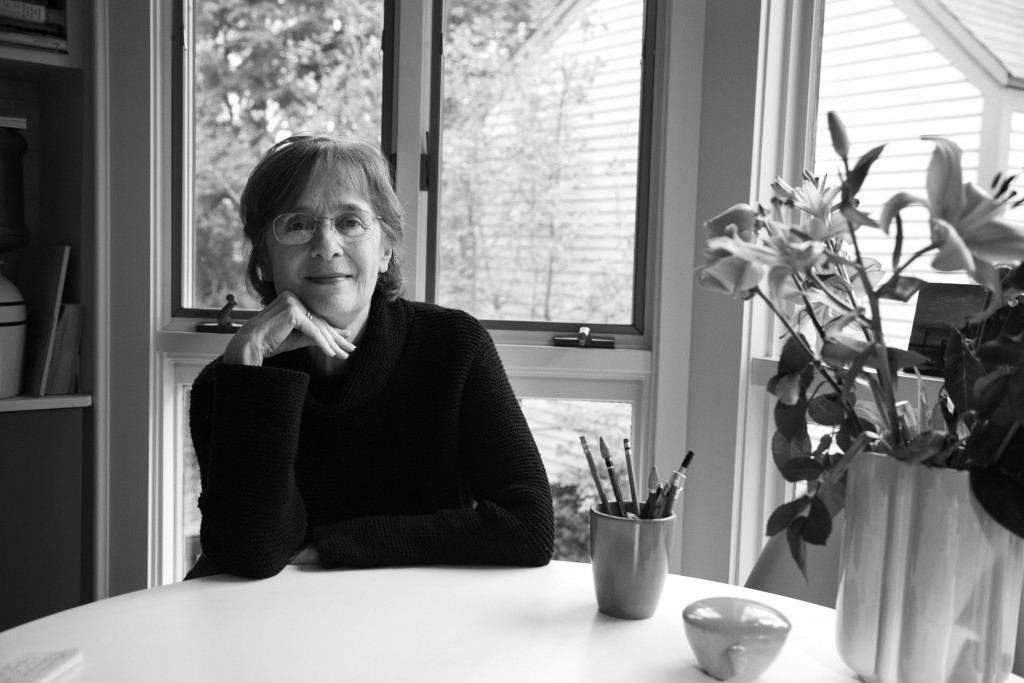
Gail Mazur, photo credit Morgan Lacasse
GAIL MAZURb.1937
Born in Cambridge, Massachusetts, Gail Mazur grew up in Auburndale, MA. Since the 1960s she has lived primarily in Cambridge and Provincetown, with periods in New York City, Houston and Los Angeles. In 1973, she founded the Blacksmith House Poetry Series in Harvard Square which became, with its weekly readings, a center of poetry life, bringing national and international writers to read in a lively informal atmosphere.
As an activist with her late husband, the artist Michael Mazur and others Massachusetts writers and artists, she co-founded, in 1968, Artists Against Racism and the War, and later they were activists for a Nuclear Freeze. Blacksmith House presented benefit readings for, among other issues, the fight for AIDS research.
Her first collection, Nightfire (David Godine Publishers) was published in 1978, followed by The Pose of Happiness (Godine, 1986), The Common (University of Chicago , 1995); They Can’t Take That Away from Me (Chicago, 2001) finalist for the National Book Award; Zeppo’s First Wife: New and Selected Poems (Chicago, 2005), winner of The Massachusetts Book Prize and finalist for the Los Angeles Times Book Prize and the Paterson Poetry Prize; Figures in a Landscape (2011); and Forbidden City (Chicago, 2016). Her poems have been widely anthologized, including in several Pushcart Prize Anthologies, the Best American Poetry, Robert Pinsky’s Essential Pleasures. A graduate of Smith College, she has received fellowships from the National Endowment for the Arts, the Bunting Institute of Radcliffe College, and the Radcliffe Institute. She was for 20 years Distinguished Senior Writer in Residence in Emerson College’s graduate program and now teaches in Boston University’s MFA Program in Creative Writing and at the Fine Arts Work Center in Provincetown where she has served for many years on the Writing Committee.
The National Book Award Citation for They Cant Take That Away from Me reads: “Colloquial as well as eloquent, pitch-perfect no matter how delicate her material, Gail Mazur has found a way to write that is completely responsive to her remarkable qualities of mind, She gives us the exact ‘feel’ of contemporary life in our disquieting republic, the uncanny way in which love, hope, and endurance are shot through by contingency, dread, and estrangement. Full of warmth, humor, and a dry-eyed toughness, her work is a superbly personal and civic achievement.”
And David Rivard, praising the poems in Forbidden City, writes, “No one—and I mean no one—writes poems as chock full of such nuanced feeling as Gail Mazur. She is as good as it gets. Has the elegiac ever seemed so vibrant and full of breathing space as it does here? The poems in Forbidden City run light and true under hard losses. They are heroic in the best possible way, fully open to sorrow and fear but keeping their wits about them at all times. I love them and envy their generous powers.”
Speaking of the Blacksmith House, now under the direction of poet Andrea Cohen, Mazur has said, “To keep things going, to support and validate the work of poets, to make a dent in the isolation writers feel in their working life (as Stanley Kunitz wrote, ‘Art withers without fellowship’), to bring poets from different worlds together, that was what I wanted. The Blacksmith reading series helps provide something like fellowship, it persists on bringing poetry into the world.”
Author photo: Morgan Lacasse
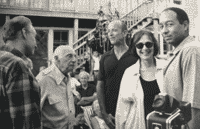
Gail Mazur with Frank Bidart, Stanley Kunitz, Mark Doty, and Carl Phillips
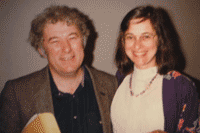
Gail Mazur with Seamus Heaney
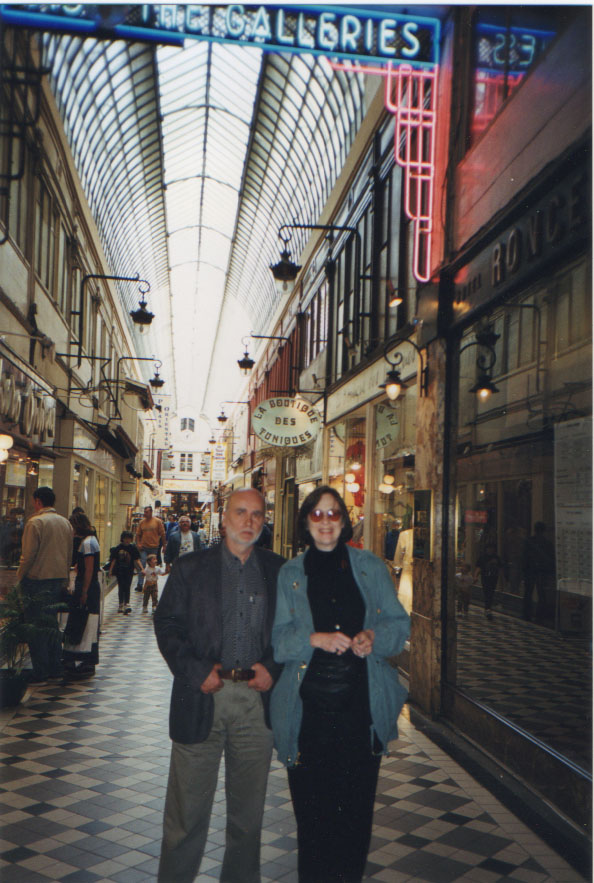
Gail Mazur and Adam Zagajewski in the arcades of Paris.

Gail Mazur with husband Michael Mazur and daughter Kathe Mazur at the Michael Mazur Dante’s Inferno Exhibition at the Castel Vecchio in Verona Italy.
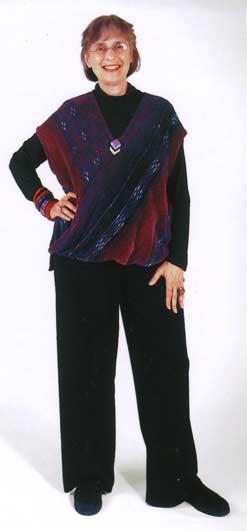
Gail Mazur